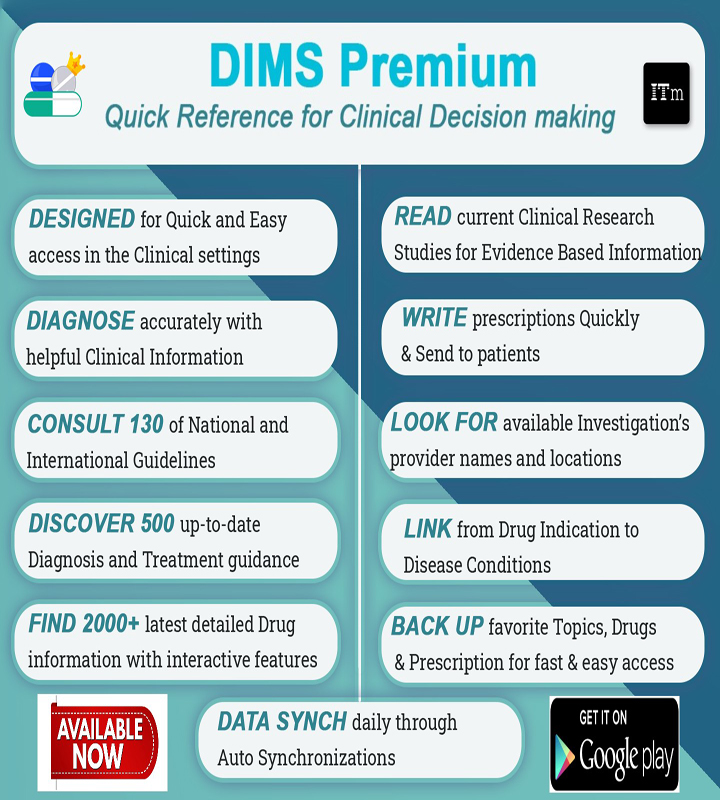Safety and Efficacy of Oral Insulin in Patients with Early-Stage Type 2 Diabetes
Diabetes, Obesity & Metabolism Journal: Published on November,
2022
TAKE-HOME MESSAGE
This open-label randomized trial assessed the safety and
efficacy of oral insulin (Capsulin) in patients with poorly controlled
type 2 diabetes on metformin alone.
Participants on the 150-IU and 300-IU dose of oral
insulin saw a significant decrease in HbA1c levels from baseline.
The study met its primary clinical endpoint of a decrease
in HbA1c ≥ 0.5% in the dose group receiving 150 IU BD. In a subset of this
population, with starting HbA1c values between 9 and 9.5%, an average decrease
of 1.575% was seen.
A decrease of 20% for triglycerides (-40 mg/dL) was seen
in the 150 IU BD dose group. No significant increases in body weight were
observed, and significant decreases in systolic blood pressure were seen in all
groups.
No serious treatment-related adverse events were recorded, and no incidence of hypoglycemia was reported throughout the whole twelve-week study period.
CONCLUSIONS
Capsulin may be effective in improving HbA1c. Capsulin
oral insulin administered twice per day at a dose of 150iu per capsule is safe,
with no confirmed treatment-linked hypoglycaemic events, and results in
significant decreases from baseline in HbA1c, Fasting Plasma Glucose and
triglycerides.
Doctors Liked to Read More
Aim: This randomised, twelve-week open-label study compared
the pharmacodynamic properties of different dose of regular human insulin
administered in capsule form twice daily.
Methods: 100 persons (48 male, 52 female) with type 2 diabetes on
metformin completed the study according to protocol. Mean (SD) age 48.5 (6.7)
years, BMI 25.7 (2.8) kg/m2, HbA1c 8.10 (0.65) %. Subjects
randomised on admission were assigned to one of three groups receiving 75iu BD
of formulated regular insulin or 150iu insulin BD, or 300iu BD in
enteric-coated capsules. Primary and secondary endpoints were change from
baseline in HbA1c and FPG respectively. A total of 100 subjects from 15
different centres completed the study within protocol.
Results: The study met its primary clinical endpoint of a decrease
in HbA1c ≥ 0.5% in the dose group receiving 150 IU BD. In a subset of this
population, with starting HbA1c values between 9 and 9.5%, an average decrease
of 1.575% was seen. In the total population, least square mean decreases in
HbA1c for groups 75iu BD and 300iu BD were -0.11% and -0.42% respectively. Mean
change in FPG in the 150iu BD dose group was -18.8mg/dL and -14.8 and -2.7mg/dL
for groups 75iu BD and 300iu BD respectively. A decrease of 20% for
triglycerides (-40 mg/dL) was seen in the 150iu BD dose group. No significant
increases in body weight were observed, and significant decreases in systolic
blood pressure were seen in all groups. No serious treatment-related adverse
events were recorded, and no incidence of hypoglycaemia was reported throughout
the whole twelve-week study period.
Conclusions: Capsulin oral insulin administered twice per day at a
dose of 150iu per capsule is safe, with no confirmed treatment-linked
hypoglycaemic events, and results in significant decreases from baseline in
HbA1c, Fasting Plasma Glucose and triglycerides. This article is protected by
copyright. All rights reserved.






Comments
You must login to write comment